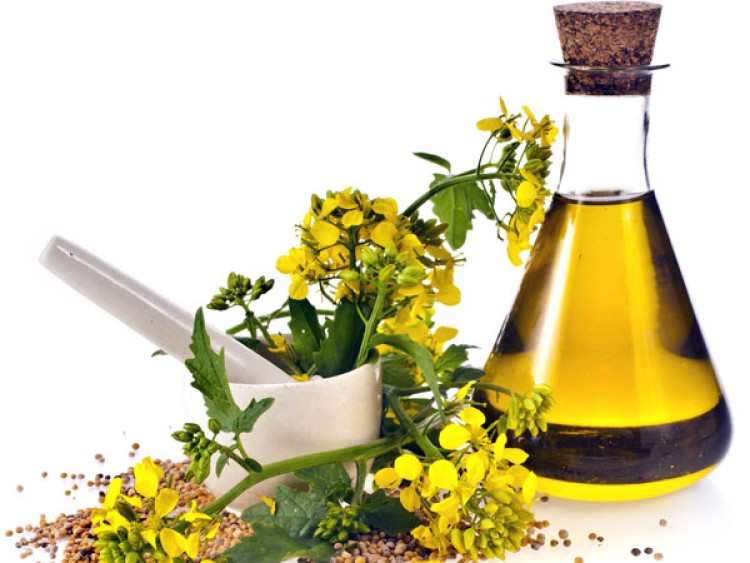
For centuries, mustard oil has been used as an edible oil as well as cure for all kinds of ailments, and despite the occasional doubts that are generated by research concerning its side effects, its place in many households across India (the eastern and northern parts in particular) remains intact. In fact, research reinforcing its vitamin-laden, anti-bacterial and anti-oxidant properties has served to make it even more popular. Its distinctive and pungent taste lends itself rather well to most food. With a host of mustard oil brands in the market, the question is whether they all meet the basic requirements.
To ensure the safety in consumption of mustard oils, the Food Safety and Standards Authority of India (FSSAI) has prohibited the amalgamation of other vegetable oils with mustard oil. This new decision was rolled out to ensure the purity of mustard oil. FSSAI took the decision as per the direction of the Central Government. This essential step is believed to eliminate the adulteration in mustard oil, especially for domestic consumption.
As per the FSSAI guidelines, there will be a change in the composition of mustard oil used for domestic purposes. As the standards of blended oils, the guidelines permit the “admixture of any two oils, wherein the proportion of weight of any edible vegetable oil used in the admixture is not less than 20 per cent”. However, as per the new guidelines, FSSAI will forbid the sales of certain admixtures that fall under “any blended edible oil containing mustard oil.”
As per a leading daily, FSSAI conducted a pan Indian surveillance to crack down the sales of adulterated mustard oil. This probe was conducted to ensure the sale of pure mustard oils. Apart from that, FSSAI suggested the food commissioners to further test the presence of oryzanol content in mustard oil, which is usually conducted in vegetable oil refineries and other edible oil production units with strict rules. This will help in eliminating the use of rice bran oil in packaged mustard oil, which has a high amount of oryzanol and is used as a common adulterant in blended mustard oils.
Health benefits of mustard oil
Heart health
Mustard oil is rich in monounsaturated and polyunsaturated fats, which may help to balance cholesterol levels in the body.
Antibacterial
When consumed, mustard oil may fight bacterial infections inside the colon, intestines, urinary tract and other parts of the digestive system.
Antifungal
Applied directly to the skin, mustard oil can help fight fungal infections.
Digestive aid
Mustard oil boosts the appetite and aids in digestion by stimulating the secretion of gastric juices and bile as well as stimulating the excretion system.
Respiratory aid
Some research suggests that mustard oil may have positive effects on patients suffering from sinusitis. It may also help soothe the effects of coughs, colds and other respiratory illnesses and irritants.
Anti-inflammatory and pain relief
Applied topically, mustard oil has been known to relieve the painful effects of rheumatism and arthritis as well as help soothe sprained ankles and other such joint aches and pains.
Skin health
The high vitamin E content of mustard oil helps improve skin health. Applied topically, it may also help protect the skin from ultraviolet light and other pollutants.
Nutritional differences between types of oils
There are two fatty acids, omega-6 linoleic acid (LA) and omega-3 alpha-linolenic acid (LNA), that our body cannot manufacture and therefore must come from an outside source. For this reason, omega-6s and omega-3s are called essential fatty acids (EFAs). They are used to make hormones, build cell membranes, and help control blood pressure and blood clotting. The omega-3s also help reduce the risk of heart disease, improve dry skin conditions, enhance brain function and reduce inflammation associated with arthritis.

|

|
Currently, there are no comment.
Login to comment